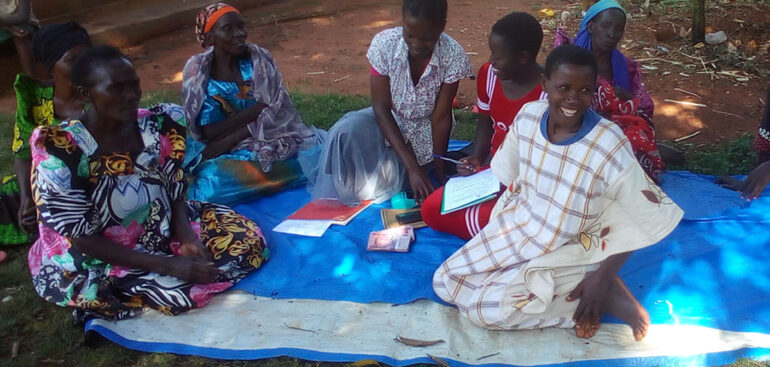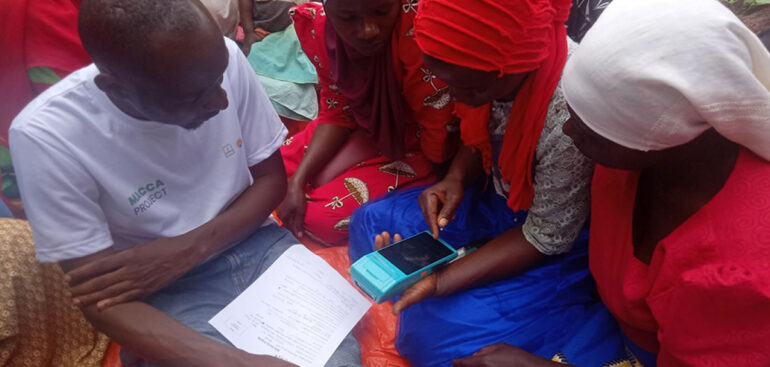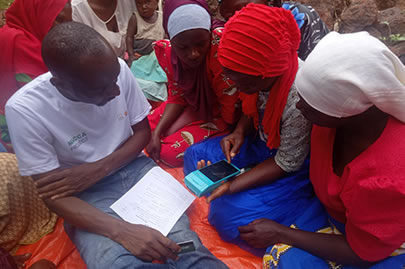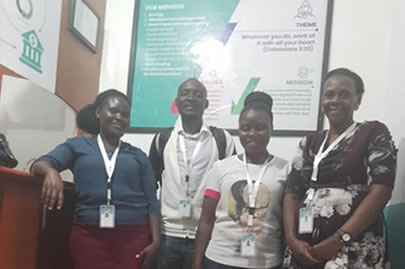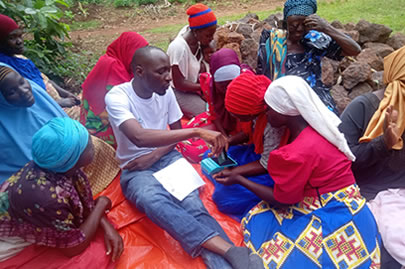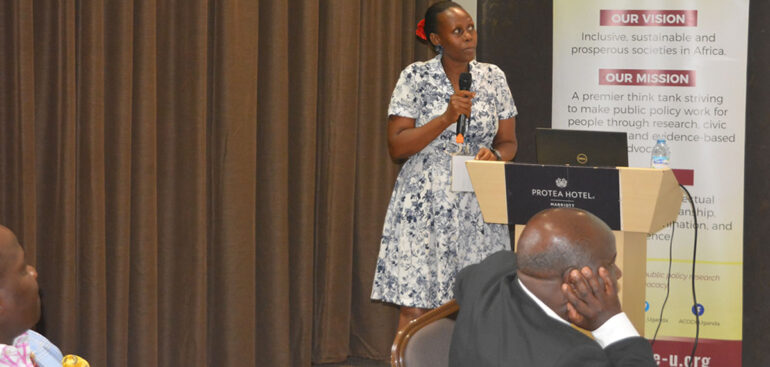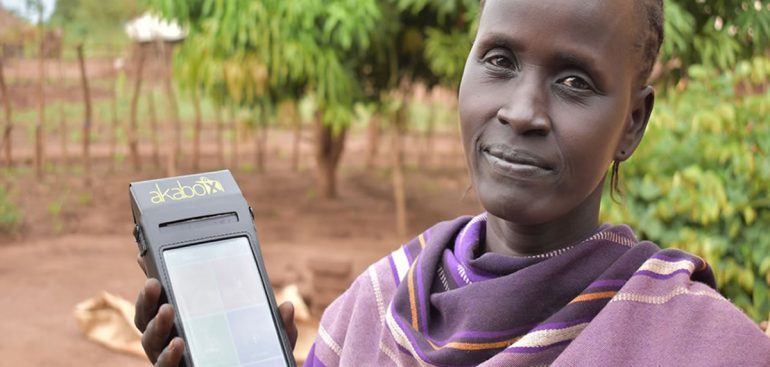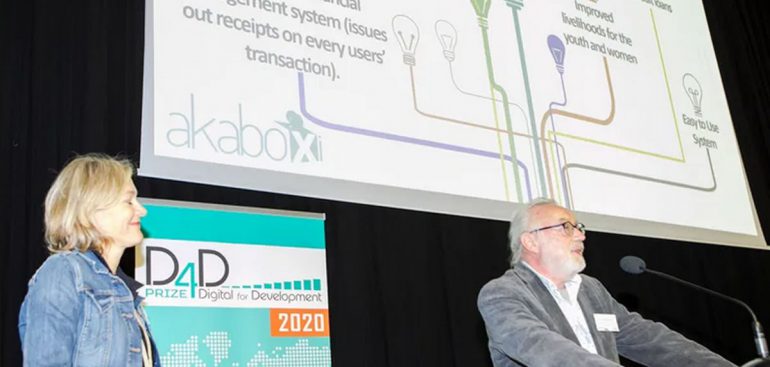Gender-Inclusive Fintech: Creating Opportunities and Empowering Women in Finance
As we celebrate International Women’s Day, it’s important to reflect on the progress we’ve made towards gender equality in the finance industry. While we’ve made significant strides, there’s still work to be done to create a more inclusive and equitable industry. One way to do this is through gender-inclusive fintech.
Fintech, or financial technology, has the potential to create new opportunities for women in finance. By using technology to streamline processes and create innovative solutions, fintech can help overcome many of the barriers that have historically prevented women from entering and advancing in the industry.
For example, fintech can help address the gender pay gap by providing transparency around salaries and wages. Fintech platforms can also provide access to flexible work arrangements and remote work opportunities, making it easier for women to balance work and family responsibilities.
In addition, fintech can help increase financial inclusion for women. Many women face barriers to accessing traditional banking services, such as lack of credit history or collateral. Fintech platforms can use alternative data sources to assess creditworthiness and provide loans and other financial products to those who may have been excluded from the traditional banking system.
But in order to truly be gender-inclusive, fintech must be designed with women in mind. This means understanding the unique needs and challenges that women face and designing solutions that address them. For example, fintech platforms should consider issues such as gender-based violence, which can impact women’s financial stability and access to financial services.
In addition, fintech platforms should prioritize diversity and inclusion in their own teams. This means hiring and promoting women, people of color, and other underrepresented groups in leadership positions and ensuring that all employees feel valued and supported.
By creating gender-inclusive fintech, we can create new opportunities and empower women in finance. We can break down barriers and create a more equitable industry for everyone. So let’s continue to celebrate the achievements of women in finance, while also working towards a more inclusive and diverse future.

